What is Show Cause Hearing in Trademark?
Trademarks allow brands to protect their unique identity, giving them the distinctive edge among competitors. However, trademark registration in India is a multi staged process and involves multiple actions before you actually gain the complete protection over your mark. A common stage that almost all trademark applications go through is the trademark hearing process. Hence, we’re here to explain the concept of what is show cause hearing in Trademark. Besides, a trademark show cause hearing only arises in cases where the trademark officer isn’t satisfied by the reply to the examination report. Then, a hearing officer in trademark is assigned to the mark, who issues the notice of show cause hearing. Let’s dive into the details.
What is show cause hearing in trademark?
After you file a trademark application, it undergoes a scrutiny by a trademark officer. This TM officer issues an examination report elaborating the point of scrutiny. As an applicant, you will have to reply to this examination report within 30 days of its issues, this process is known as the trademark objection reply. However, even after submitting the reply to the examination report, if the officer feels any doubts, or wants to seek more clarification on the points, they will issue a show cause hearing notice. Once this hearing notice is issued, you are summoned to the show cause hearing on a particular day. In this show cause hearing process, you will have to explain in detail how your mark does not fall within the absolute or relative grounds of refusal of trademark registration.
Reasons for trademark hearing in India
A show cause hearing in trademark arises when the hearing officer of trademark issues a show cause hearing notice to the applicant. The Trademarks Act 1999 along with the prescribed rules gives the various reasons for trademark hearing in India. These reasons include:
Examination objections
Like stated before, if the trademark hearing officer feels that the examination objection under section 9 of the trademark act is not resolved by the reply you file, the registrar may issue the show cause hearing notice.
Non compliance
Certain times, there may be errors in filing through non compliance. As an applicant, you may know how to register a trademark in India, but can still miss out on providing important information. In this case, the registrar may issue a notice of the trademark hearing process in India.
Supporting documents
Many times, the hearing officer in trademark may also issue a notice of show cause hearing if they feel there is a lack in supporting documents. Through the trademark hearing process, the hearing officer can ask for all the missing documents, proving usage of the mark.
Opposition hearing
After the show cause hearing in trademark is over, your mark may either get accepted or refused. If it is refused, you can file an appeal against the order. However, if your mark is accepted, it will be open to trademark opposition by third parties. Consequently, the parties will have to undergo the opposition process, which also involves a trademark opposition hearing.
Documents required for show cause hearing in trademark
You can obtain the rights of trademark registration only once the trademark registration process is complete. To do so, it is necessary that you get the “approval” from the trademark hearing officer. Having access to certain documents can help in getting the approval easily.
Letter of Authorization
Once you choose a Trademark Agent/ Attorney or any other person to attend the hearing on your behalf, you’ll have to draft the Letter of Authorization to make it official. The LOA is similar to the meaning of Power of Attorney. However, it is specific to the trademark show cause hearings.
Proof of Usage of TM
To be able to prove your case in front of the Registrar, you need to prove to the Trademark Hearing Officer that you have been using the brand in good faith. Consequently, you can also provide the following documents to the Registry as ‘proof’:
- Invoices from the date of the first usage of the brand
- Purchase orders
- Invoices from vendors
- CA certificate certifying the revenue earned/ expenses made till date in the name of the brand
- Brochures, visiting card, letterheads
- Social media marketing page screenshots
- Website screenshots, if any
- Advertising material
- Photographs of exhibition stalls
- Photographs of the packaging material having brand usage on it along with a printing bill with a date
- Any other document containing the trademark brand name, logo, or tagline if applied for; or
- Proof of business
Trademark Hearing Process: Step by Step Guide
There are many different characteristics of a trademark in India. As a result, protecting trademarks becomes possible if you complete a lot of different processes in a timely manner. The trademark hearing process also involves a multitude of steps. These include:
Issuance of show cause hearing notice in trademark
The first step in a successful trademark hearing process is the issuance of the show cause notice by the hearing officer in the trademark registry. This notice will be dispatched and you can view it by learning how to check trademark status in India.
Gathering documents
Once you know that your trademark is undergoing the trademark hearing process, you will have to start preparing for the hearing. Preparations involve you gathering all the necessary documents that can act as evidence for proving the usage and distinctiveness of your brand.
Representation
After collecting all the necessary information and documents, you will have to choose the appropriate trademark attorney. It is very essential that you choose your representatives wisely.
Hearing
Then comes the official date of hearing. In India, there are two modes of conducting a show cause hearing, online and offline. These days, almost all show cause hearings in trademarks happen online. This allows people to hire remote attorneys to handle their trademark show cause hearings.
Decision of the Hearing Officer
In the hearing, the attorney can make all their submissions and provide evidence for protecting their mark. After the submissions are made, the hearing officer of the trademark will go through these submissions, and make a decision based on it.
Advertisement in TM Journal
Post acceptance from the registry the mark will be advertised in the journal of trademarks. Here, any third party can oppose the registration to your mark. If no third party opposition arises, you will receive the registration certificate of trademark.
Also Read: Trademark Assignment Process in India
Consequences for not attending the show cause hearing in trademark
If you or your representative fail to attend a trademark hearing on the given date, there can be any of the following consequences:
- The Hearing Officer will go through the documents uploaded and choose to Accept or Reject the mark; or
- The Registry will take no action and issue a fresh notice of show cause hearing.
Adjournment of trademark hearing
Like all other judicial processes, you can also apply for an adjournment in a show cause hearing, by filing a TM-M form. However, this window to apply for an adjournment is open until two days before the date of hearing.
Also Read: Infringement of Trademark Cases in India
Jurisdiction of trademark hearing in India
Since 2020, virtual modes of hearing have been made available, and at this point, all Trademark Hearings in India are conducted online. However, all states and union territories have been classified into 5 Regional Jurisdictions for filing Trademark Applications. We’ve listed them here:
Mumbai: The States of Madhya Pradesh, Maharashtra, Goa, and Chhattisgarh
Ahmedabad: The States of Rajasthan and Gujarat and Union Territory of Dadra, Diu, Daman, and Nagar Haveli.
Kolkata: The States of Assam, Bihar, Arunachal Pradesh, Manipur, Orissa, West Bengal, Mizoram, Sikkim, Meghalaya, Tripura, Jharkhand, and Union Territories of Andaman & Nicobar Islands and Nagaland.
New Delhi: The States of Jammu & Kashmir, Haryana, Punjab, Uttar Pradesh, Delhi, Himachal Pradesh, Union Territories of Chandigarh and Uttarakhand.
Chennai: The States of Andhra Pradesh, Tamil Nadu, Telangana, Kerala, Karnataka, and Union Territories of Pondicherry and Lakshadweep Island.
Also Read: Trademark Jurisdiction in India
What happens after the trademark hearing process in India
After the trademark hearing ends, the Hearing Officer passes an order. The order passed might be any of these:
- They might Accept the application;
- If the arguments do not satisfy the Hearing Officer, they will refuse the application; or
- The Hearing Officer might ask the applicant to file a TM-M form and make some rectifications in the application.
Also Read: Trademark Renewal Process
What leads to the ‘Objection’ in a Trademark Application?
Whenever a trademark application falls under one of the following categories, an objection is raised by the registry:
- The mark is similar to an already existing trademark to such an extent that it might lead to confusion.
- Mark applied for contains such terms that it becomes descriptive of your trade/ services.
- The mark is non-distinctive and generic, i.e., a common term. (For example book, music, wood)
- It is a “prohibited term”
- The mark is obscene
- The mark might hurt the religious sentiments/ beliefs of a community, or
- There has been a mistake in applying; such as wrong class details or lack of any necessary documentation.
Conclusion
Expert Attorneys at LegalWiz.in will ensure that you never miss your hearing date and that the hearing goes smoothly. Our experts will make sure that all points in your application’s favor are noted by the Hearing Officer. For further assistance, you can directly contact us on 1800 313 4151 or email us at support@legalwiz.in.
Frequently Asked Questions
Is trademark hearing mandatory?
If you do not present your case at the trademark hearing, the trademark officer may dispose off your trademark application on their discretion. Hence, you can say that trademark hearing is mandatory.
How to know the trademark hearing date?
The registrar issues a notice of show cause hearing in trademarks. This notice also contains relevant information like the date of hearing and hearing officer assigned.
Is it important to attend trademark hearing?
Yes, in order to clarify the issues raised in the objection report, it is important to attend a trademark hearing with utmost care and consideration.

Diksha Shastri
As a writer, Diksha aims to make complex legal subjects easier to comprehend for all. As a Lawyer, she assists startups with their legal and IPR drafting requirements. To understand and further spread awareness about the startup ecosystem is her motto.
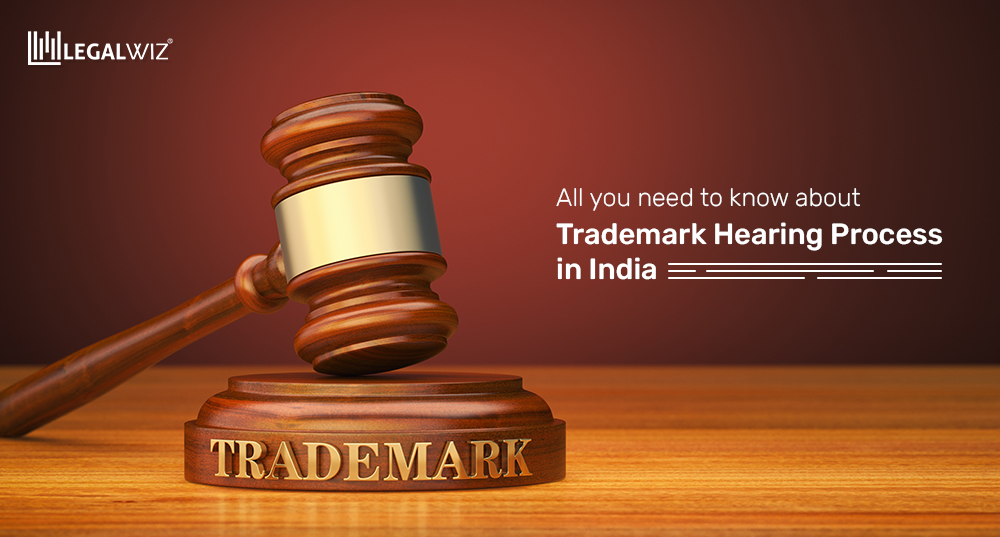
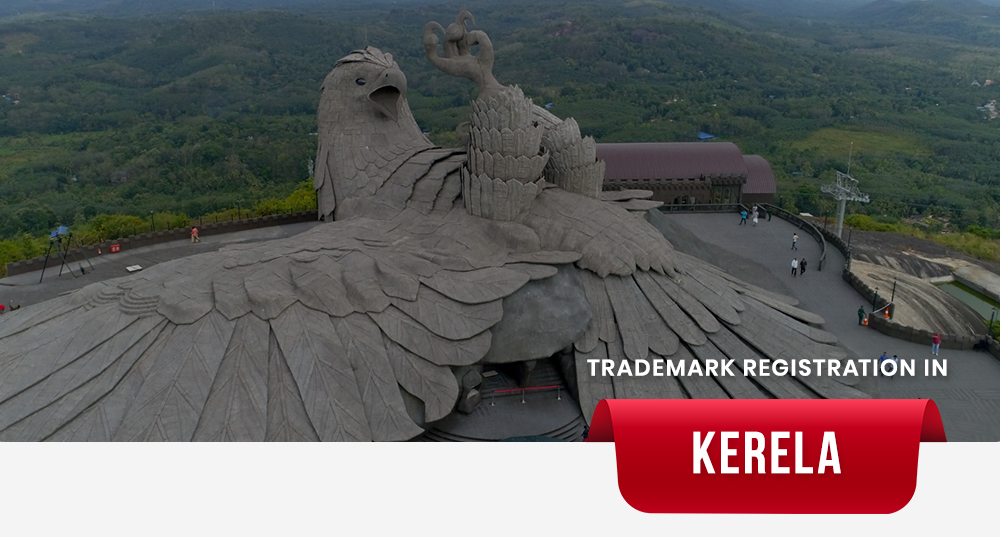
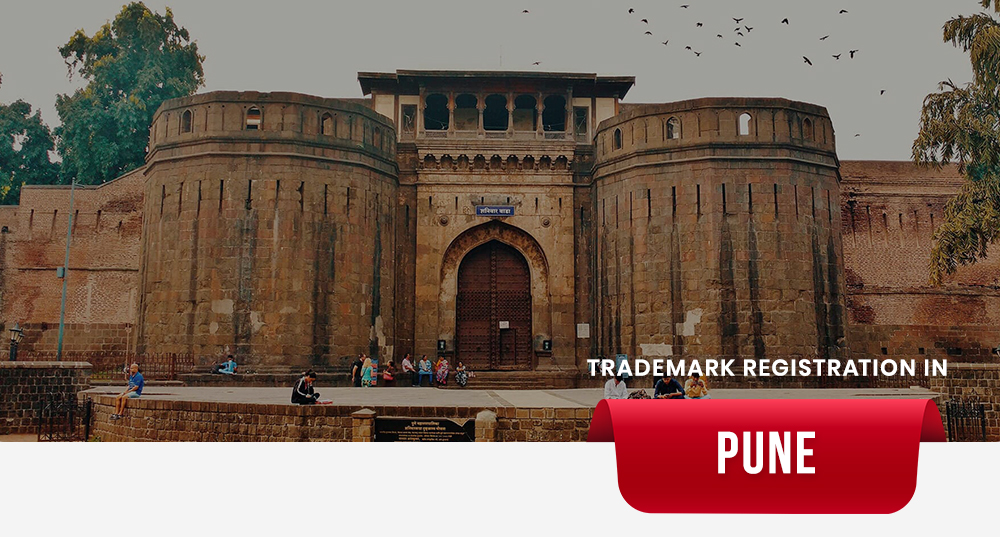
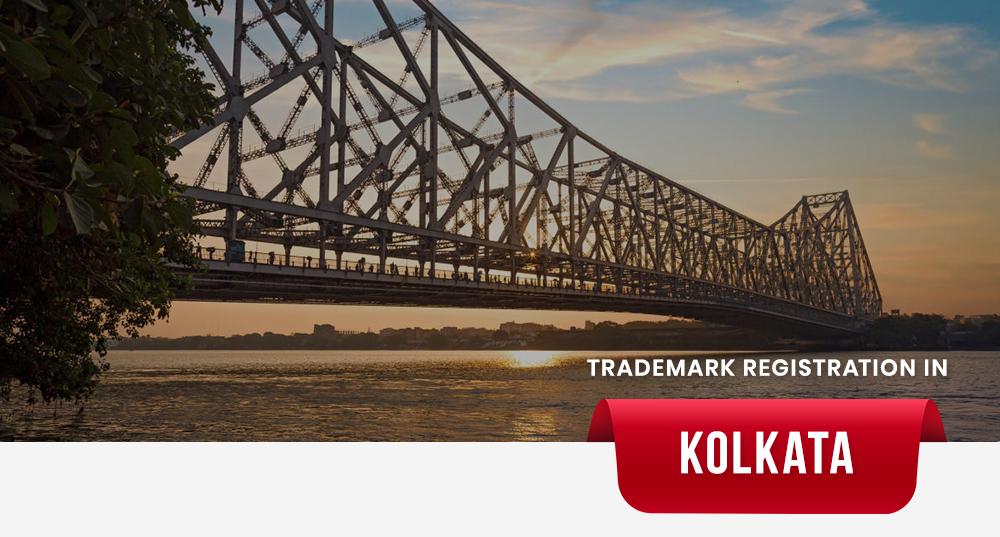


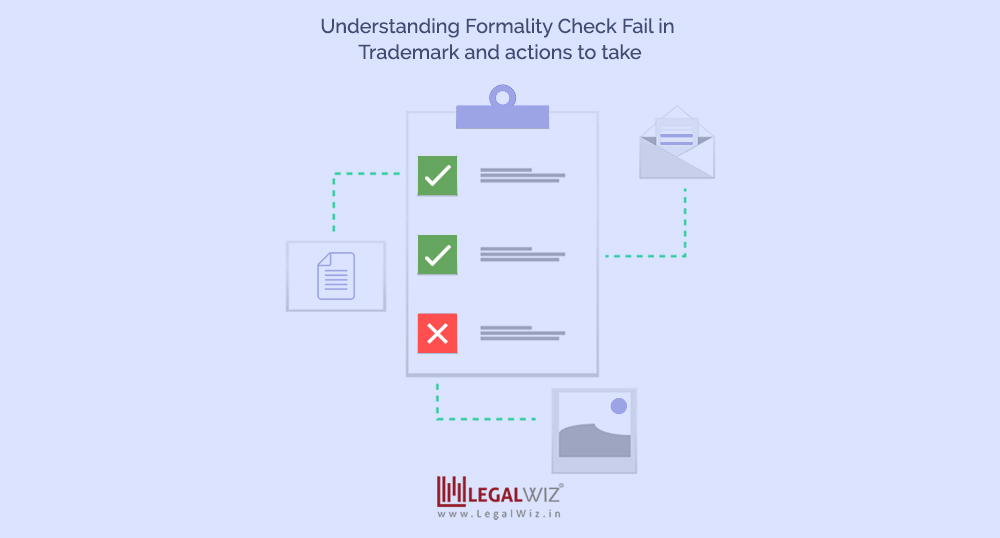

I had applied for trade mark and I got the hearing date on 10th July 2023 when I observed the hearing list on 10th July there was 160 hearings scheduled but my application number was not sheduled , what should I do now pl suggest
In such a case, you might have to wait for the registry to announce the next date of hearing. However, for detailed guide on the process, feel free to reach out to us at support@legalwiz.in